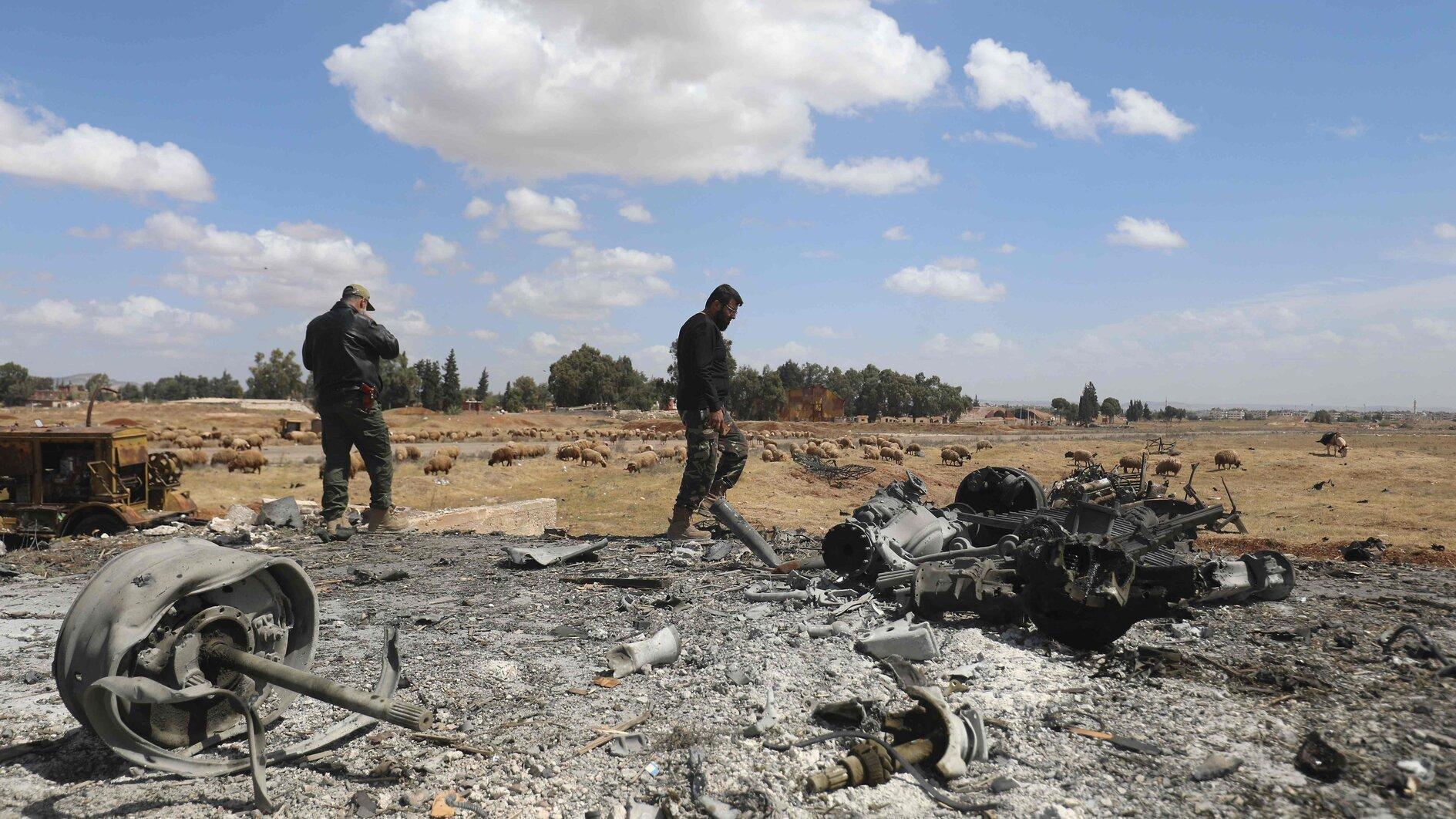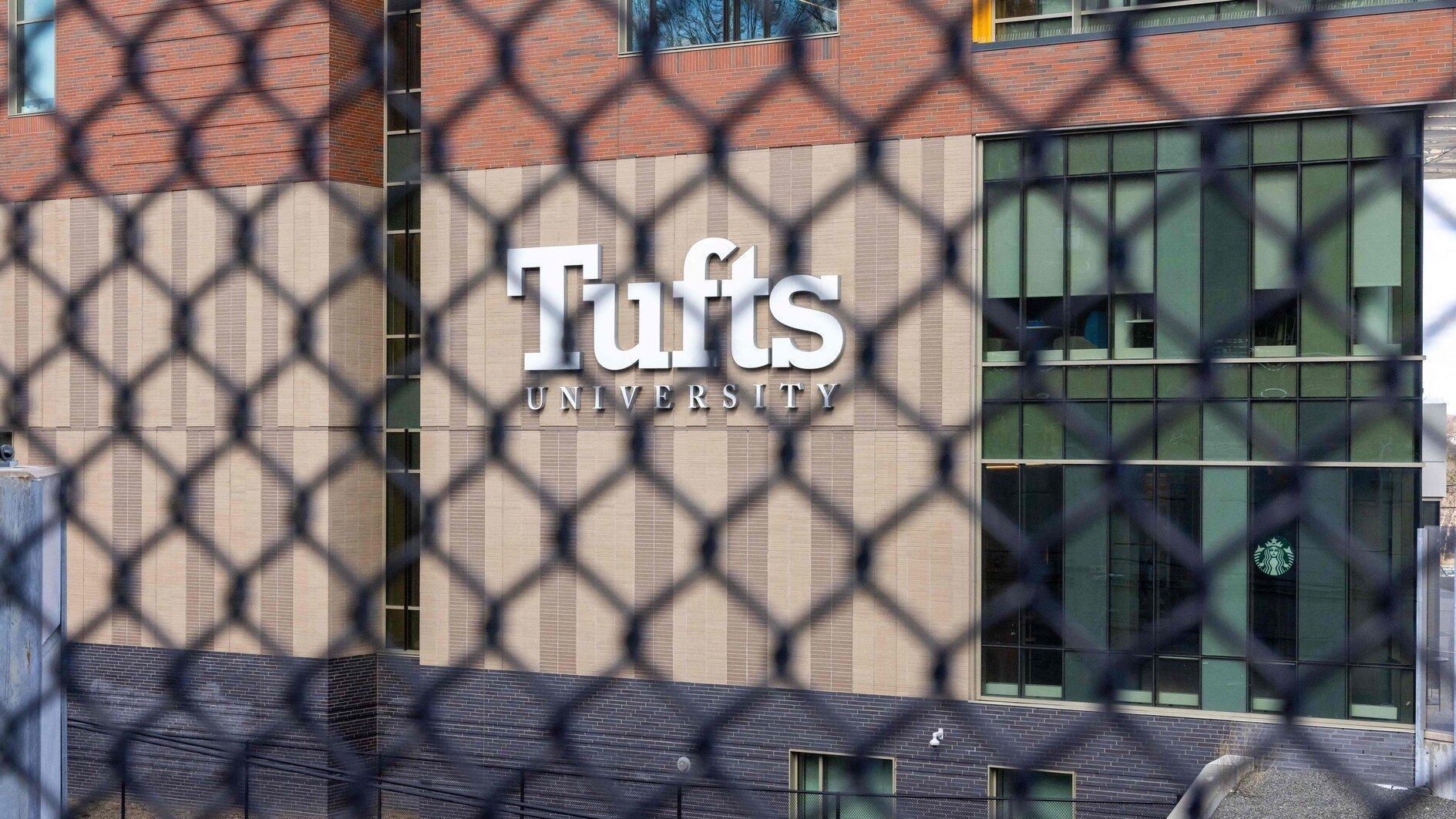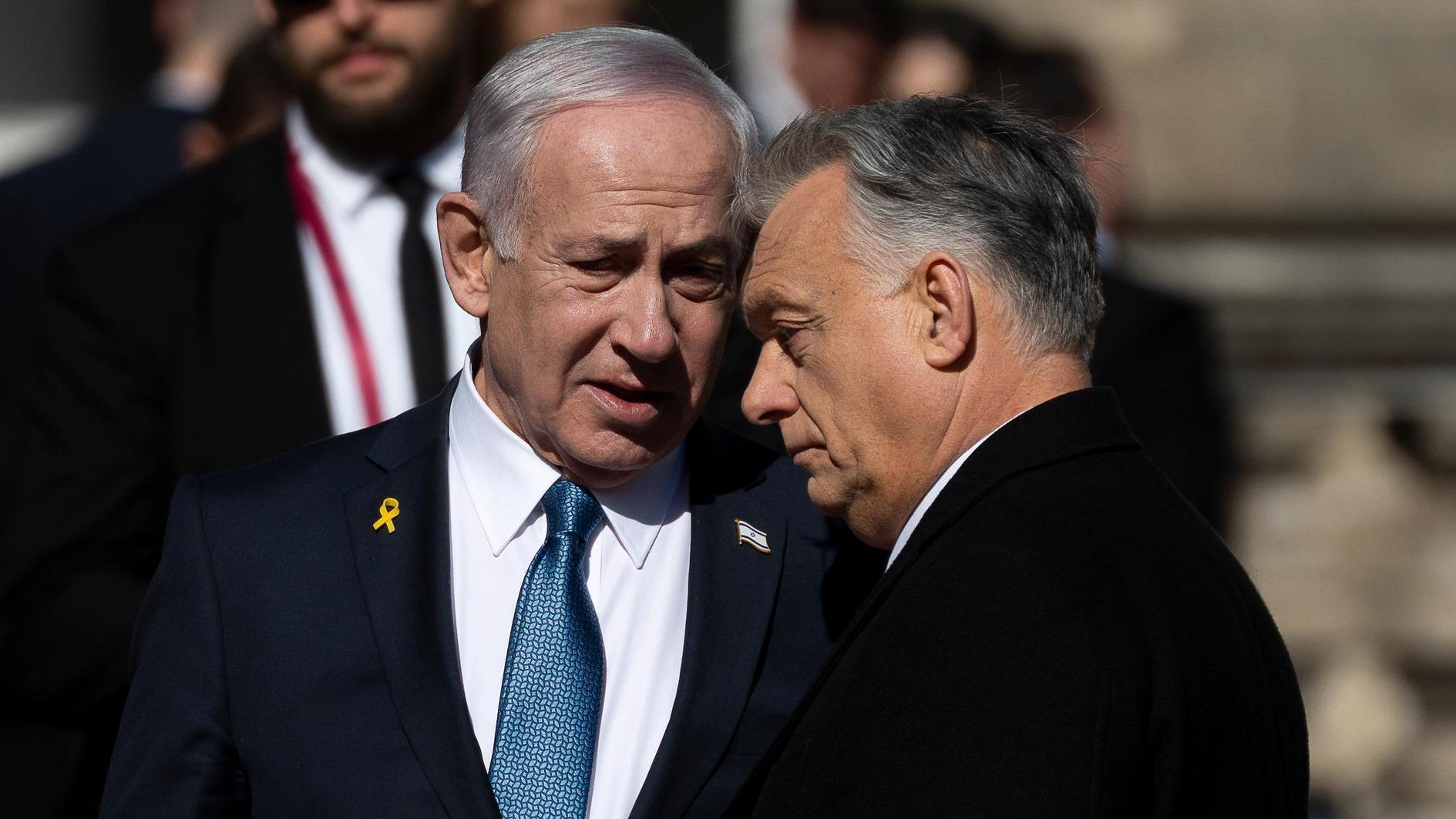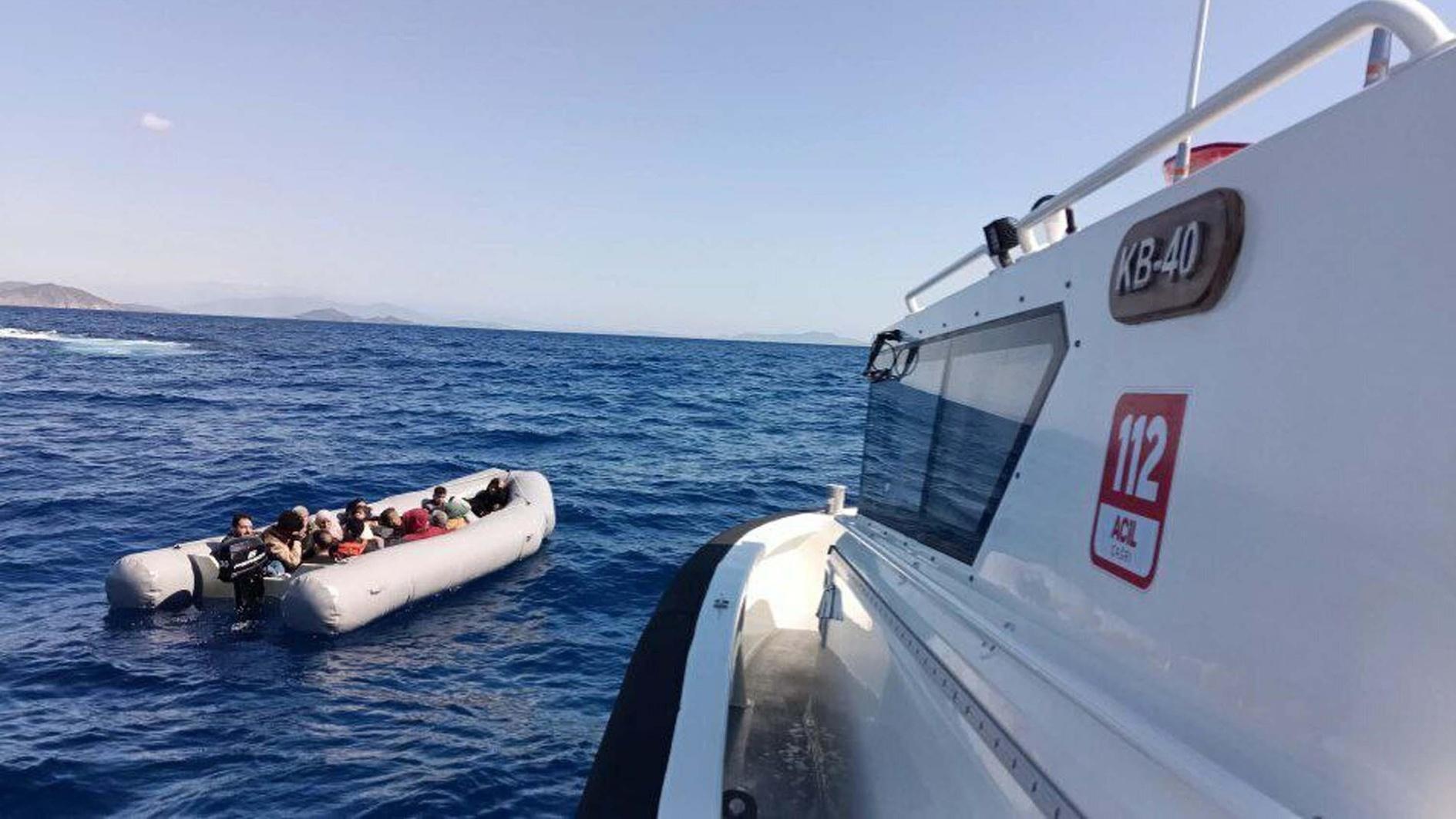NATO chief calls Turkey’s bid for Russian S-400 missile systems a ‘difficult issue’
Sevil Erkuş - BRUSSELS
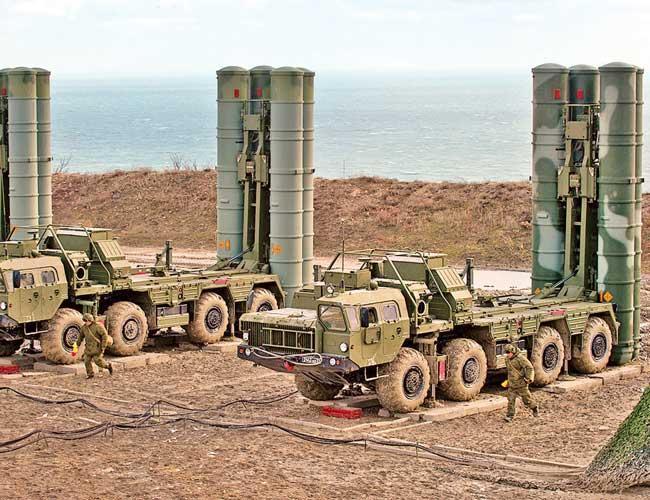
NATO Secretary-General Jens Stoltenberg has described Turkey’s purchase of Russian S-400 anti-ballistic missile systems as “a difficult issue” for the alliance while at the same time welcoming the Turkish government’s cooperation with the French-Italian consortium on the procurement of SAMP-T to augment its air defense.
“I am aware that Turkey has made an agreement or they have announced their intention to buy S-400 Russian air defense system. That’s a national Turkish decision. What matters for the NATO is whether it will be integrated into the NATO air defense system. There has been no request for that,” Stoltenberg told a group of international reporters on Feb. 20 at the alliance headquarters.
“It goes without saying that it will be a difficult issue,” the secretary general explained, since the Russian system will not be interoperable with the NATO’s air defense systems.
In reaction to the United States’ rejection of transferring technology to Turkey as part of a potential procurement of Patriot systems, the Turkish government has long been seeking alternative sources for a high-tech anti-ballistic missile system. After a failed attempt to purchase Chinese systems, Turkey signed an agreement and paid a deposit to Russia for the purchase of nearly $2.5 billion worth S-400s.
The S-400 deal has worried the West because the system cannot be integrated into the NATO’s air defense architecture. As part of the NATO’s collective defense pledge, the allies integrate their ships, planes and weapons systems to make them work together, as well as sharing command across the alliance.
There are also concerns that Turkey’s S-400 deal with the Russians would further strain ties between Ankara and Washington and that this procurement could trigger U.S. sanctions on Turkey because of the Countering America’s Adversaries Through Sanctions Act (CAATSA). The law stipulates sanctions on countries and companies that engage in defense procurement contracts.
NATO welcomes deal with Eurosam
Having expressed his concerns over the S-400 deal, the NATO’s chief recalled Turkey’s move to cooperate with two European-NATO allies for a similar system.
“But at the same time I welcome the fact that Turkey has also signed a MOU [memorandum of understanding] with a consortium of Italian and French industry, called Eurosam which is now developing or looking into the possibility of selling SAMP-T to European air defense system,” Stoltenberg said.
“I will of course welcome any agreement with a NATO ally or among NATO allies on air defense,” he added.
In November 2017, Turkey signed a letter of intent with France and Italy to strengthen cooperation on joint defense projects. As a first step, the Franco-Italian EUROSAM consortium and Turkish companies will look into a system based on the SAMP-T missile systems.
‘Turkey crucial partner in anti-ISIL fight’
Stoltenberg reaffirmed Turkey’s importance for the NATO not only for its geostrategic significance, but also for its role in the fight against the Islamic State of Iraq and the Levant (ISIL).
“Turkey is a highly valued ally. Turkey contributes to NATO in many different ways. Turkey is important for the NATO not least for its geographical location. Bordering Iraq and Syria is key in the fight against DAESH, and bordering the Black Sea is also an advantage,” he said, using an Arabic acronym for the ISIL.
The secretary general recalled that Turkey has pledged to meet a NATO guideline that requires its members to spend at least two percent of its Gross Domestic Product (GDP) on defense.
“Turkey is increasing its defense spending and has started to move towards two percent. Turkey has announced they will reach the two percent target. So on burden sharing, Turkey is delivering and have announced that they will continue to increase.”
NATO contributions to Turkey’s defense
The secretary-general recalled that the NATO has been contributing to the Turkish defense since the early days of the Syrian civil war through stationing anti-missile systems on Turkish soil.
“The NATO actually augments Turkish air defense. We have deployed Patriot batteries close to Adana, and also SAMP-T batteries in Turkey. So NATO allies already augment Turkey’s air defense system,” he said.


